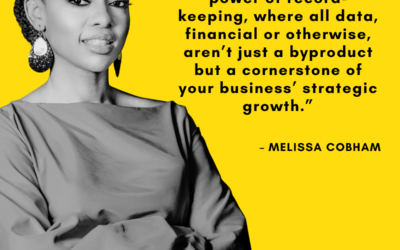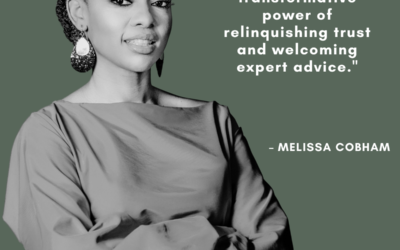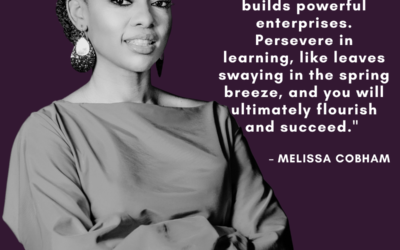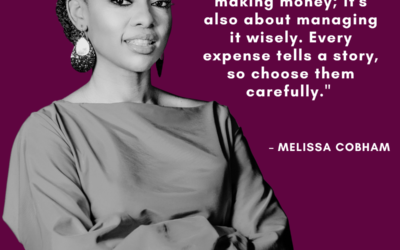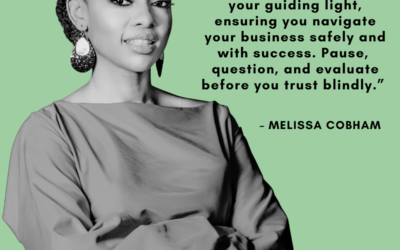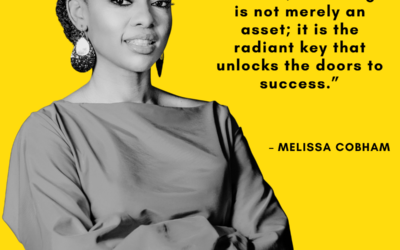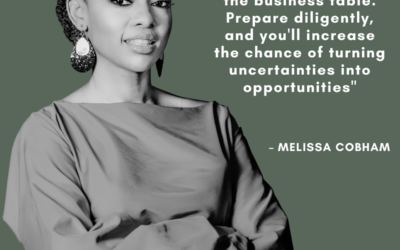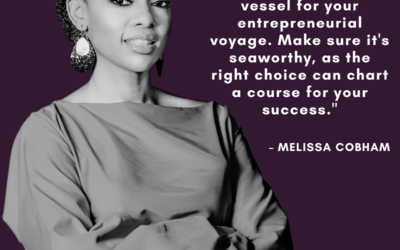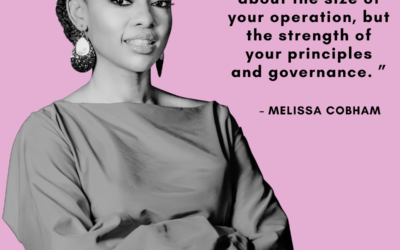I want to share a little journey with you. My son, diagnosed with ADHD, is navigating the ups and downs of life. As a parent, I found myself immersed in this world I knew very little about. ADHD brought its own set of unique challenges, from staying focused to those spontaneous blurts. But here’s the thing – it also brought an incredible burst of creativity and energy.
It then dawned on me that neurodiversity does not only impact the behavior of children but can also influence the behaviour patterns of us grown folks. Many of us might have ADHD or other neurodiverse conditions that we either dismiss, downplay, or plead ignorance about, especially in the workplace.
Understanding Neurodiversity
From my reading, neurodiversity is the belief that there isn’t a one-size-fits-all when it comes to thinking, learning, and behaving.
Neurodiversity can be described as a beautiful tapestry of human brains. It means that we all have different ways of thinking and processing information.
Even more interesting it is said that neurodiversity brings innovation and fresh ideas. Companies that embrace it often find themselves at the forefront of creativity and problem-solving.
Many people with these disorders have higher-than-average abilities; research shows that some conditions, including autism and dyslexia, can bestow special skills in pattern recognition, memory, or mathematics.
It’s not about fitting everyone into the same mold; it’s about celebrating our differences.
Embracing Neurodiversity as a Female Leader
In recent years female leaders are rocking the boat in various industries, bringing a breath of fresh air to the table. As leaders that means we set the vibe. Our unique cocktail of qualities—empathy, compassion, and open-mindedness has been brewing up in our leadership cauldron. But why not cause some major stirs when it comes to neurodiversity too?
Yes, we are nurturing but It’s not just about that. It’s about turning the spotlight on the strengths that neurodiversity brings. What if we flipped the script and saw ‘ADHD’ as a superpower rather than a label?
People with attention deficit hyperactivity disorder (ADHD) can sometimes find themselves in the ‘I can’t concentrate to save my life’ club or the ‘I’m always on the go and spontaneous’ crew. While these traits might throw some curveballs our way in the workplace, they also pack a punch of positivity and development potential.
Challenging the Status Quo and Thinking Outside the Box
ADHD often dances on a spectrum with two distinct rhythms—some folks find it challenging to concentrate and focus, while others are swept away by hyperactivity and impulsiveness. There are even those who experience a fusion of both.
For those wrestling with focus and concentration, they may appear inattentive, struggling with the finer details, leaving tasks unfinished, or perhaps buried beneath an avalanche of forgetfulness. Yet, if we dare to dive deeper, we uncover hidden gems within these perceived challenges.
Consider this…. individuals who may seem a tad careless may actually be blessed with the gift of seeing the bigger picture. Somewhat like architects of innovation, connecting dots that others might miss. Their tendency to hop between tasks like an agile squirrel isn’t necessarily a hindrance—it can be a testament to their creativity and adaptability, unrivaled in their ability to navigate multiple avenues of thought. These strengths deserve the spotlight and a resounding round of applause.
In the same vein, those often labeled as hyperactive or impulsive are far from ordinary. Their boundless energy fuels their passion for their work. This energy, I’d like to believe, can inject enthusiasm even into the most mundane projects. Furthermore, their candid and unfiltered thoughts can open the door to honest and direct communication within teams, creating an environment where ideas flow freely. And as for their impulsiveness, it might just be the secret ingredient needed to concoct fresh ideas and challenge the status quo.
Now, let me be clear—I’m not suggesting that individuals with ADHD should receive a free pass or that their behaviors should be brushed aside. I’m advocating for a different perspective, a perspective that embraces their uniqueness and cherishes their exceptional strengths. Leading them may not always be a walk in the park, but the journey is undeniably worth it when we unlock the untamed potential within everyone.
To emphasize, neurodiversity doesn’t mean turning a blind eye to the challenges some individuals may encounter due to their uniqueness. Instead, it’s about acknowledging and valuing the diversity that makes us all unique, while also ensuring that everyone receives the necessary support and opportunities to flourish. It’s more like a celebration of our differences, not a quest to mold everyone into the same shape.


